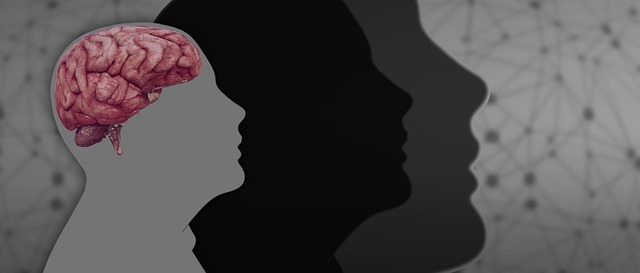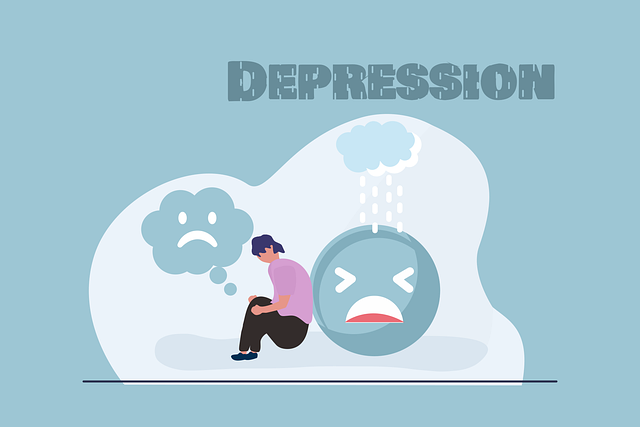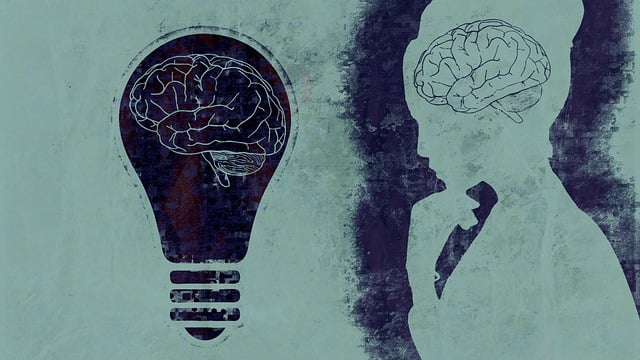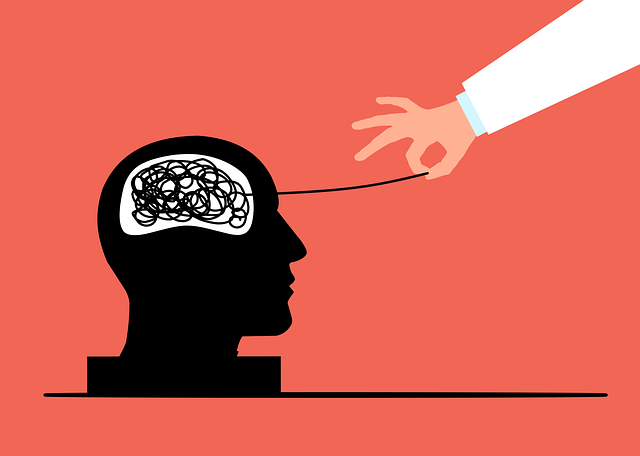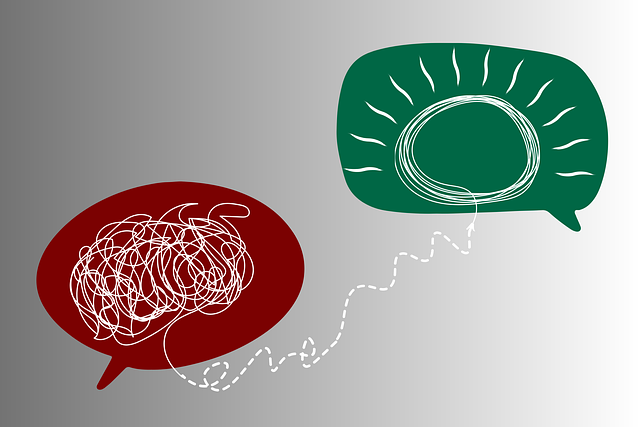Cultural sensitivity in mental healthcare is essential, particularly in diverse nations like the U.S., where Broomfield Polyamorous and Open Relationships Therapy gains prominence. This approach recognizes and respects cultural differences, values, and practices that shape individuals' identities and their mental health. By creating inclusive environments, adapting therapeutic techniques, providing language access, and being mindful of non-verbal cues, healthcare providers can offer effective treatment for all clients, including those in polyamorous and open relationships. The Broomfield Model, tailored for these dynamics, promotes connection, communication, and wellness while addressing specific risks. Specialized support is offered to navigate unique challenges, fostering understanding and resilience through culturally sensitive practices. Incorporating cultural awareness enhances therapeutic outcomes, creating safer spaces and empowering clients to discuss their experiences openly.
In today’s diverse society, cultural sensitivity in mental healthcare is paramount. Understanding and respecting patients’ unique backgrounds and beliefs can significantly enhance therapeutic outcomes. This article explores various aspects of cultural sensitivity, including the Broomfield Model—a revolutionary approach to therapy that prioritizes inclusivity. We delve into navigating complex relationships like polyamorous and open unions, offering insights for professionals. Additionally, we emphasize the critical role of cultural awareness and inclusion in fostering a supportive mental healthcare environment.
- Understanding Cultural Sensitivity in Mental Healthcare
- The Broomfield Model: A Unique Approach to Therapy
- Navigating Polyamorous and Open Relationships
- Enhancing Practice with Cultural Awareness and Inclusion
Understanding Cultural Sensitivity in Mental Healthcare

Cultural sensitivity is a cornerstone in mental healthcare practice, ensuring that therapeutic services are accessible and effective for individuals from diverse backgrounds. It involves recognizing and appreciating the unique cultural beliefs, values, and practices that shape one’s identity and influence their experience of mental health issues. In a country like the United States, where Broomfield Polyamorous and Open Relationships Therapy is increasingly recognized, understanding cultural nuances is paramount. This approach respects the inherent diversity within communities, fostering an environment where individuals feel seen, heard, and understood.
Incorporating cultural sensitivity goes beyond mere awareness; it requires healthcare providers to adapt their practices. This might involve incorporating culturally relevant therapeutic techniques, ensuring language access services, and being mindful of non-verbal cues. For instance, a therapist skilled in Burnout Prevention Strategies for Healthcare Providers can help clients navigate the challenges of navigating different cultural contexts while promoting mental wellness through Mental Wellness Journaling Exercise Guidance. Resilience Building is another key aspect, helping individuals strengthen their coping mechanisms against cultural barriers and personal struggles.
The Broomfield Model: A Unique Approach to Therapy

The Broomfield Model offers a unique and innovative approach to therapy, particularly catering to individuals within polyamorous and open relationships. This therapeutic framework recognizes the diverse nature of modern love and intimacy, providing a safe space for clients to explore their emotional experiences without judgment. By integrating the specific challenges and strengths of polyamorous individuals into its practice, Broomfield Polyamorous and Open Relationships Therapy ensures that mental healthcare remains culturally sensitive and inclusive.
This model prioritizes the promotion of emotional well-being through tailored interventions. It addresses not only the individual’s mental health but also the dynamics within their relationships, focusing on connection and communication as essential aspects of depression prevention and overall wellness. Moreover, the Broomfield Model encourages risk assessment techniques that consider the unique circumstances of polyamorous individuals, enabling mental health professionals to offer effective support while mitigating potential risks specific to these relationships.
Navigating Polyamorous and Open Relationships

Navigating polyamorous and open relationships requires a nuanced approach in mental healthcare practice. Many individuals within these relationship structures face unique challenges that traditional therapy models may not adequately address, particularly in conservative or less understanding communities. Broomfield Polyamorous and Open Relationships Therapy plays a pivotal role in creating safe spaces for folks to explore their emotional connections, communicate openly about boundaries, and cultivate healthy self-care practices.
Therapists skilled in this area can help clients develop self-awareness exercises tailored to navigate complex dynamics, fostering better understanding within relationships. Moreover, mental wellness coaching programs focused on these communities can empower individuals to thrive while balancing the demands of open relationships. By integrating culturally sensitive practices, therapists support clients in nurturing their emotional well-being, enhancing communication, and fostering resilience in navigating society’s evolving perspectives on love and connection.
Enhancing Practice with Cultural Awareness and Inclusion

Incorporating cultural awareness and inclusion into mental healthcare practices is a vital step towards enhancing therapeutic outcomes, especially when serving diverse populations such as those in Broomfield exploring polyamorous and open relationships. Understanding cultural nuances enables therapists to create safer and more welcoming spaces for clients from various backgrounds. This approach not only respects individual identities but also empowers individuals to openly discuss their experiences and challenges, fostering a deeper connection with their therapist.
By integrating these principles, mental health professionals can effectively support clients in developing self-esteem improvement and inner strength development. It involves adapting therapeutic techniques to resonate with different cultural beliefs and values while implementing robust risk management planning for mental health professionals. This inclusive practice ensures that every client receives care tailored to their unique needs, promoting positive outcomes and strengthening the overall mental healthcare system.
In conclusion, cultural sensitivity in mental healthcare is paramount for delivering effective and equitable treatment. By understanding diverse cultural contexts and adopting innovative approaches like the Broomfield Model, therapists can create inclusive spaces that cater to a broader range of clients. Furthermore, navigating complex relationships such as polyamorous and open dynamics requires specialized knowledge, emphasizing the need for ongoing training and awareness in these areas. Ultimately, integrating cultural awareness and inclusion into mental healthcare practices fosters better outcomes for all individuals seeking support.
